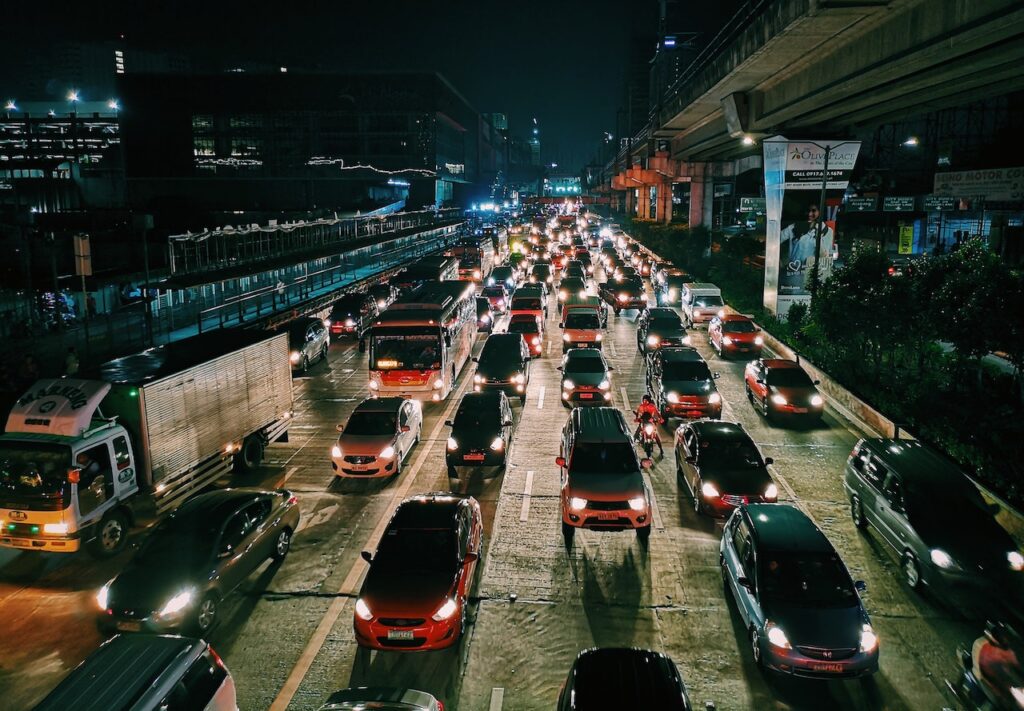In the hustle and bustle of our daily lives, it’s easy to overlook the impact of small actions on our planet. One such action is engine idling, a common yet often underestimated practice that poses a significant threat to the environment. In this article, we’ll uncover the hidden dangers of engine idling and explore how ScrapMyCar.net is leading the way in advocating responsible vehicle disposal.
The Culprit: What Exactly Is Engine Idling?
Engine idling refers to the practice of leaving a vehicle’s engine running while it remains stationary. This scenario frequently unfolds in congested traffic or when waiting for extended periods, such as picking up children from school. Unfortunately, what may seem like a minor inconvenience carries severe consequences for our environment.

Unmasking the Environmental Perils
Engine idling is an environmental hazard. When a vehicle idles, it releases a toxic cocktail of pollutants into the air, including carbon dioxide (CO2), nitrogen dioxide (NO2), carbon monoxide (CO), and hydrocarbons. These pollutants contribute to a range of problems, from climate change to respiratory ailments.
Diesel vehicles are particularly notorious for their emissions during idling, pumping out harmful particles that degrade air quality and impact our health. These emissions are a significant contributor to the estimated 40,000 annual deaths in the UK linked to air pollution, a staggering figure that should make us all pause and reflect.
The Legal Framework: Is Engine Idling Against the Law?
Absolutely. In the UK, Rule 123 of The Highway Code explicitly prohibits leaving a parked vehicle unattended with the engine running or idling unnecessarily while stationary on a public road. Penalties for idling can range from £20 fixed penalty notices for emission offenses to potentially much steeper fines. Encouragingly, research shows that 44% of drivers support these measures.
Taking Action Against Engine Idling
While combatting engine idling is a collective effort, schools and individuals can play a vital role in raising awareness and curbing this harmful practice. Schools can lead by example by acquiring RAC School Clean Air Zone banners, encouraging drivers to switch off their engines when parked. These banners, which cost £60, make it clear that we all share the responsibility for our air quality.
Additional Tips to Combat Engine Idling:
- Gauge your estimated wait time in traffic. If it exceeds two minutes, turn off your engine.
- Modern vehicles often feature ‘stop-start’ systems that automatically shut off the engine when stationary, helping save fuel and reduce emissions. Use this feature if available.
- For older vehicles, minimize engine restarts to avoid straining the battery and wasting fuel.

Towards Cleaner Air: Ongoing Efforts
The UK Government has taken several steps to combat air pollution, including initiatives like Clean Air Zones (CAZs) and recommendations from the National Institute for Health and Care Excellence (NICE). These measures encourage local authorities to raise awareness and potentially establish ‘No Idling Zones’ around schools and high-traffic areas.
ScrapMyCar.net: Champions of Responsible Vehicle Disposal
ScrapMyCar.net is committed to making a difference in the fight against air pollution. We champion responsible vehicle disposal, recycling vehicle components, and ensuring that old cars retire gracefully. By recycling and responsibly disposing of end-of-life vehicles, we significantly reduce the environmental impact of the automotive industry.
Together, we can make a difference. By adopting eco-friendly vehicle practices and responsibly disposing of your old cars through scrap my car, you join us in building a greener world. Let’s work hand in hand to enhance air quality, reduce harmful emissions, and create a healthier planet for all.
Engine idling may seem inconsequential, but the collective actions of individuals and organizations like ScrapMyCar.net can create a profound positive impact. It’s time to turn off those engines, reduce emissions, and drive toward a cleaner, healthier future.
